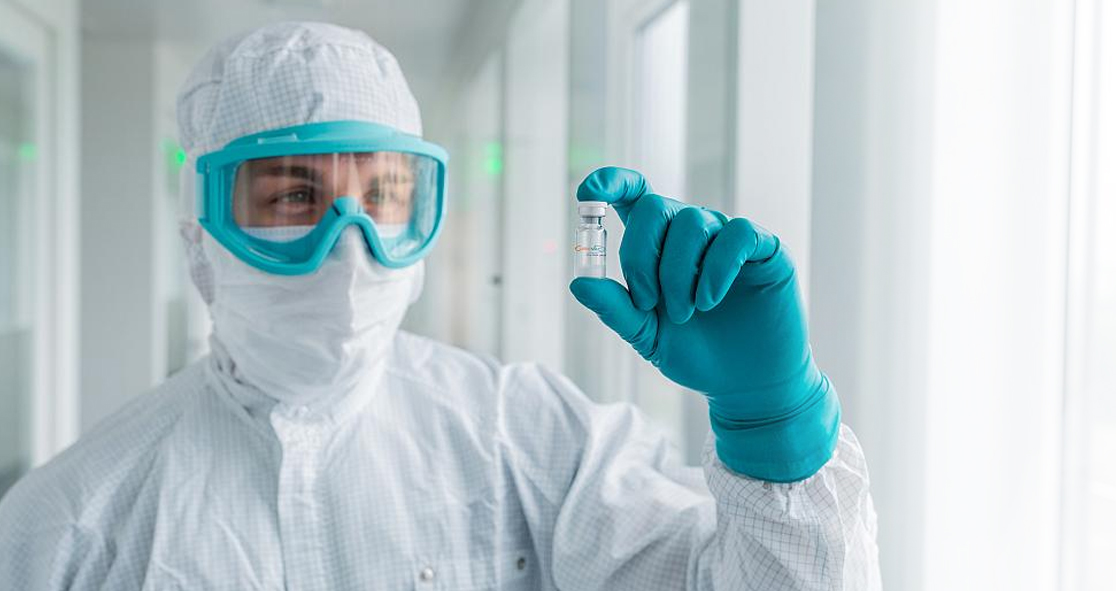Imperial College London (ICL) researchers said they have been immunizing hundreds of people with an experimental COVID-19 vaccine in an early clinical trial after noticing no safety problems in a small group of people vaccinated so far.
Dr. Robin Shattock of ICL told The Associated Press that he and his team had just finished a slow and arduous process of testing the vaccine candidate at a low dose in the initial participants. They would now expand the trial to around 300 people, including some participants above the age of 75.
He said, “It’s well-tolerated. There aren’t any side effects,” adding it was still very early in the study.
Dr. Shattock, who is the head of Mucosal Infection and Immunity within the Department of Medicine at ICL, said he is hopeful to have enough safety data to start immunizing thousands of people in October.
Coronavirus cases in Britain have dropped dramatically, making it difficult to determine whether the vaccine works. So, Dr. Shattock said he and his team will be testing their vaccine elsewhere.
“We’re looking very carefully at the pandemic, at the numbers where the hot spots are and talking to collaborators that have the facilities to do these kinds of studies,” he said.
The ICL vaccine candidate is based on synthetic strands of the genetic code of the virus. After injecting the vaccine, the body’s own cells are instructed to make copies of a spiky protein on the virus, triggering an immune response and allowing the body to fight off any COVID-19 infection in the future.
Earlier this month, Moderna’s vaccine candidate (mRNA-1273) started its biggest coronavirus vaccine trial in the United States. It has entered the Phase 3 clinical trial, the last stage of the study before approval. The trial is expected to have more than 30,000 volunteers getting immunized with the vaccine candidate, which is co-developed by the US National Institutes of Health (NIH).
Several other vaccine candidates have also been undergoing clinical trials. The World Health Organization (WHO) said several experimental coronavirus vaccines are undergoing trials and multiple approaches are necessary to combat the pandemic. The global health organizations noted that, so far, the usual success rate for vaccine development is around 10%.
Dr. Shattock said there were a number of coronavirus vaccines undergoing clinical trials and predicted that at least some of them would be effective.
“We have 20 vaccines in clinical trials, (so) we can be pretty confident that at least two of those will work,” he added. “It really depends on how strong the immune response needs to be to provide protection.”
Dr. Shattock is quite optimistic about the ICL vaccine candidate but he said we must wait for the scientific data from the trial. He said, “I’m just going to hold my breath and wait to see.”























